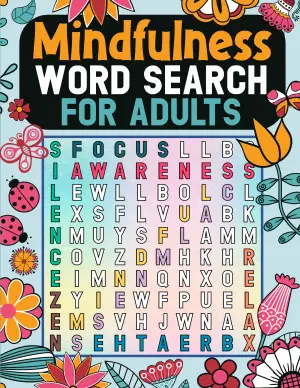I recently finished reading What Would The Rockefellers Do? by Garrett Gunderson, and I must say, it was a thought-provoking journey into the world of generational wealth. As someone who has always been fascinated by financial literacy and wealth-building strategies, this book appealed to me for its promise to reveal insider secrets used by some of the wealthiest families in history, like the Rockefellers and the Kennedys. I hoped to gain insights that could empower not just my financial journey, but also that of future generations.
The book does an excellent job explaining the intricacies of financial systems employed by the ultra-wealthy, particularly focusing on whole life cash flow insurance. Many readers have commented on how informative and well-written it is, and I couldn’t agree more; it simplifies complex ideas into digestible snippets. For instance, one enlightening takeaway for me was how wealth doesn’t merely have to be handed down, but can create opportunities for leaps in success without starting from scratch each generation. This point aligns with another reader’s review where they appreciated the book’s focus on enabling families to avoid the trap of becoming "trust fund babies," a sentiment echoed throughout many of the reviews I came across.
However, the book isn’t without its drawbacks. While it offers valuable insights, some readers, like Johannes, expressed disappointment that the content dropped off from discussing the Rockefellers into more promotional material for cashflowbanking.com. Similarly, others felt that while the book was generally a solid read, it could have provided a broader perspective beyond just one topic—financial systems and policies.
Another positive aspect is how Gunderson opens the door to the idea of creating a financial legacy—a recurring theme. For parents looking to give their children a better life than they had, the book provides actionable strategies for doing so (as noted by several reviewers). One reader even mentioned how the ideas helped him pay for his children’s college education, showcasing the practicality of the concepts laid out.
The downside lies in the perception that the book may serve more as an advertisement for specific financial strategies rather than a comprehensive guide to various approaches in wealth building. Reviews varied in enthusiasm; while a few were universally uplifting, like Carol Small noting it as a "good introduction to what we never learned in school," others felt it was narrowly focused. The author’s attempts to distill strategies down to their essence are appreciated but also left some readers wanting more context or additional varying viewpoints.
Personally, I found the book met my expectations in that it serves as an excellent introduction to the financial strategies that those within the wealthy elite have been using for decades. However, it’s essential to go into it understanding that it focuses heavily on one approach—whole life insurance—rather than offering a multitude of insights across different financial strategies.
In terms of readability, What Would The Rockefellers Do? is straightforward and accessible. It’s not bogged down in jargon, making it approachable even for those who may not have a finance background. Overall, it’s evident that the book resonates with a broad audience, judging by its stellar rating.
In conclusion, I wholeheartedly recommend What Would The Rockefellers Do? to anyone interested in financial education and legacy building. It serves as a stepping stone into the world of wealth management, offering insights that can potentially change your family’s financial trajectory. Just be prepared to engage deeply with the concepts discussed, and perhaps consider it one of many resources on your financial journey rather than the definitive guide.








